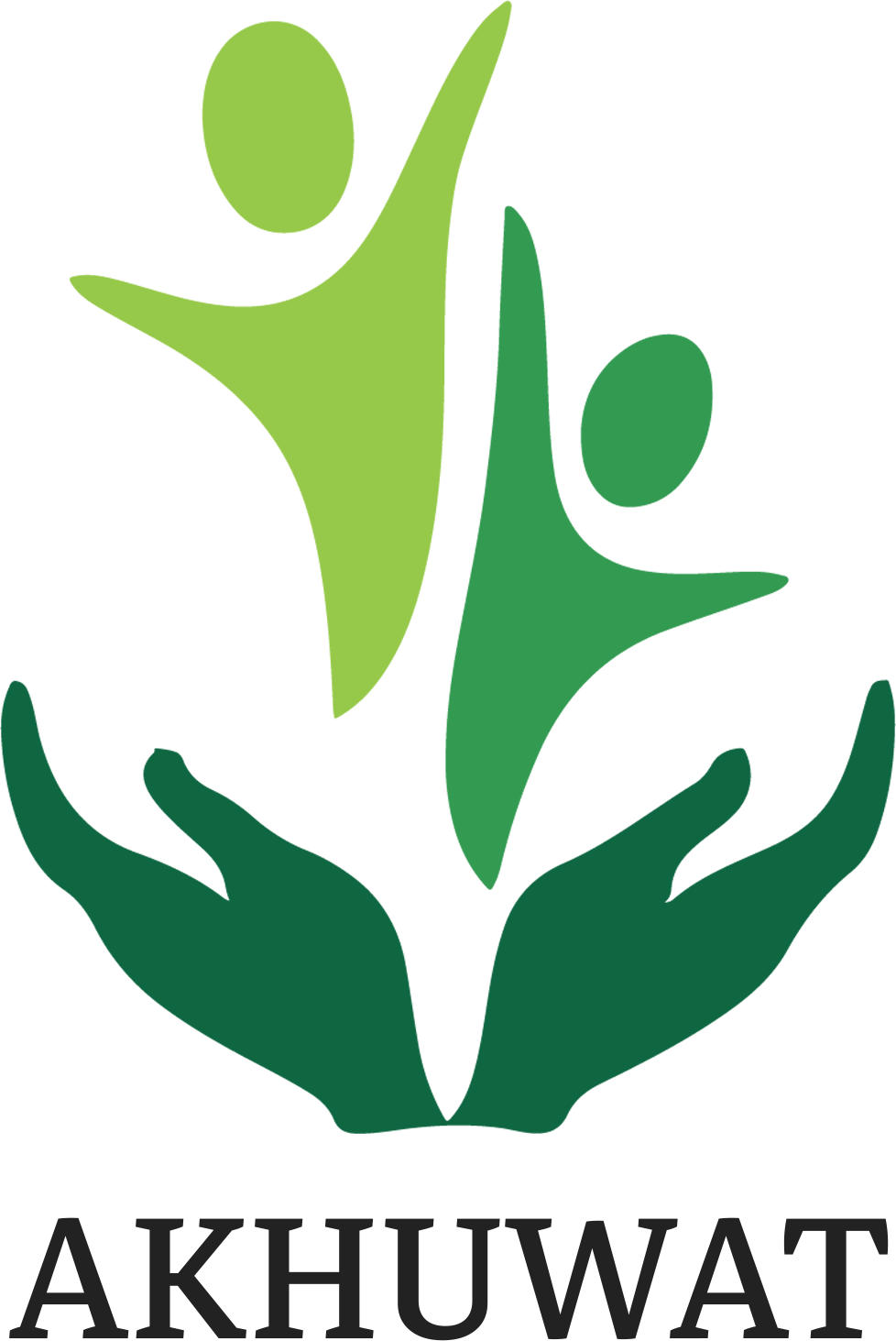Financial Inclusion in Pakistan and the SDGs: Why it Matters
Financial inclusion is about ensuring that everyone, irrespective of their economic background, has equitable access to financial services. These services include banking, credit, savings, and insurance. They are the building blocks of economic empowerment, and they play a pivotal role in eradicating poverty, addressing inequalities, and fostering sustainable development.
The SDGs: A Global Blueprint for Change
The Sustainable Development Goals, consist of 17 interconnected global goals adopted by the United Nations in 2015. These are a collective roadmap to a better, more equitable world. They target a broad spectrum of global issues, ranging from poverty and hunger to gender equality and climate action. On digging deeper, we find that financial inclusion acts as a powerful catalyst to achieve these goals.
Financial Inclusion in Achieving the SDGs
Akhuwat is a shining example of an organization that’s making waves in microfinance in Pakistan. Microfinance is turning the dream of financial inclusion into a reality. Let’s explore this synergy further:
SDG 1: No Poverty
Many of the microloan borrowers come from families that have struggled with poverty for generations. Access to microfinance breaks this cycle of poverty, opening their path towards a brighter future through financial inclusion. They now have access to the tools to manage their finances and plan their lives. Accessing credit for income-generating activities or saving for emergencies becomes easy for them.
Akhuwat and SDG 1:
Imagine a jobless individual with no skills to sell but has a strong will to escape poverty while keeping his integrity intact. He wants to initiate his fruit-selling small business. The lack of access to capital hinders his way. Traditional banks view him as a high-risk borrower due to the lack of collateral. With access to financial services, he can secure micro-loans to purchase fruits and a cart to sell and earn. The cycle of poverty breaks here. The microfinancing organizations like Akhuwat are playing a vital role in providing interest-free microloans to individuals in need.
SDG 2: Zero Hunger
Access to financial services can help small-scale farmers invest in their agricultural activities, purchase seeds and equipment, and improve their yields, contributing to food security. More food supply and fewer hungry mouths mark an end to food scarcity.
In Pakistan for example, small-scale farmers often struggle to invest in their agricultural activities. With financial inclusion, they can access credit, buy fertilizers, and expand their farms. This not only ensures food security but also aligns with SDG 2.
SDG 5: Gender Equality
Not only men but also women and transgenders have to be included in the financial sphere. The goal is to increase the number of role players in the betterment of a nation. In many parts of Pakistan, genders other than men face significant barriers to financial inclusion.
Akhuwat and SDG 5:
Organizations like Akhuwat actively target these segments as borrowers, empowering them to take control of their finances, start businesses, and improve their families’ well-being, thus contributing to gender equality as per the fifth sustainable development goal.
SDG 8: Decent Work and Economic Growth
Financial inclusion fosters entrepreneurship and job creation. When people can access credit and start businesses, they contribute to economic growth and the creation of decent work opportunities, aligning perfectly with the goal of economic growth.
Akhuwat and SDG 8:
Through interest-free microloans, Akhuwat empowers individuals to start or expand their businesses. This results in the creation of job opportunities. For instance, someone might use a loan to set up a small grocery store, which not only improves their own economic situation but also employs others within the community. Akhuwat extends its support to a wide range of economic sectors, including agriculture, retail, crafts, and services. This diversity helps in the growth and development of various industries, contributing to a robust and inclusive economy. The organization goes beyond financial services. It offers financial literacy and training to borrowers, equipping them with the skills needed to manage their businesses effectively. This education enhances their chances of success, leading to more stable employment opportunities.
SDG 10: Reduced Inequalities
Financial inclusion is a powerful tool for reducing inequalities. SDG 10 focuses on reducing inequalities within and among countries. It encompasses various aspects, including income inequality, social inclusion, economic disparities, and ensuring equal opportunities for all.
Akhuwat and SDG 10:
Organizations like Akhuwat provide financial services to marginalized and underserved populations, bridging the wealth gap within society and aligning with SDG 10.
The goal of Akhuwat’s interest-free microfinance is wealth redistribution. By extending financial services to those who have been traditionally excluded from the formal financial system, Akhuwat contributes to narrowing the wealth gap within society. By enabling them to access credit they are given equal chances to improve their economic prospects. The bridging of the gap between the haves and have-nots is based on the mawakhat paradigm. This is the bond of solidarity that motivates the privileged segments of society to contribute to the welfare of the underprivileged chunk, thereby ensuring economic parity.
A Harmonious Partnership
Financial inclusion isn’t just a buzzword; it’s a potent force that fuels progress toward achieving the SDGs. Through organizations like Akhuwat and the dedication of countless others worldwide, the world is witnessing how access to financial services can change lives, elevate communities, and steer us toward a more sustainable and equitable future. Financial inclusion isn’t merely about money; it’s about creating opportunities, empowering individuals, and shaping a brighter tomorrow for all of us.


